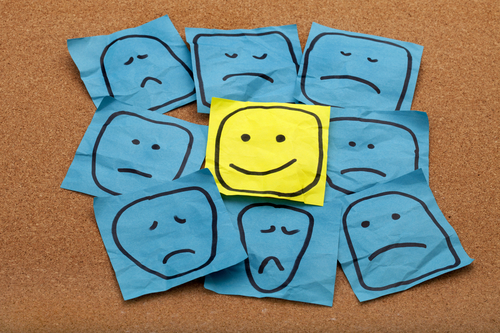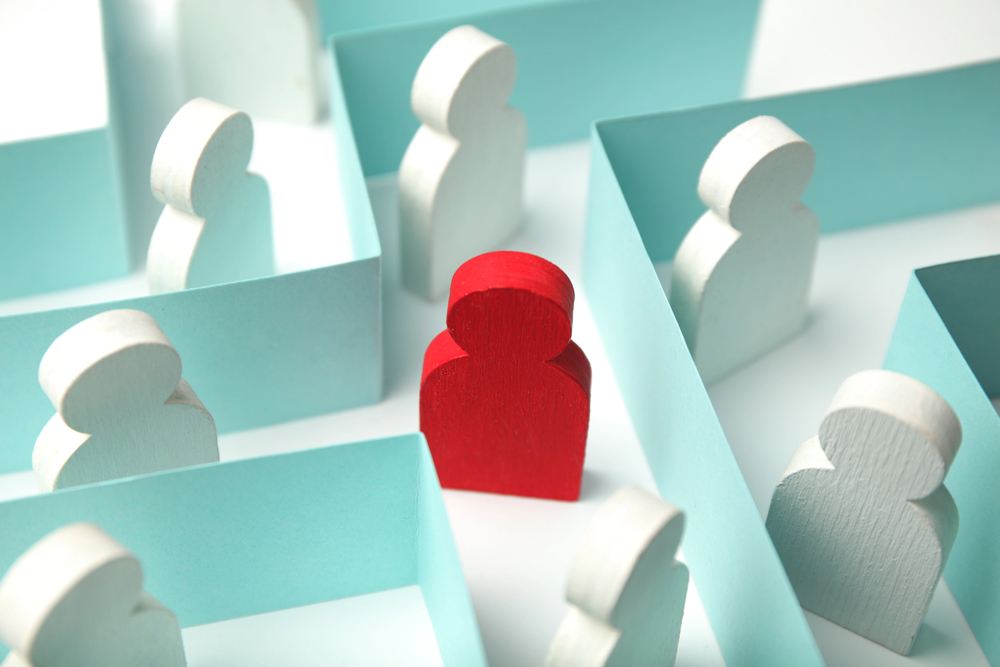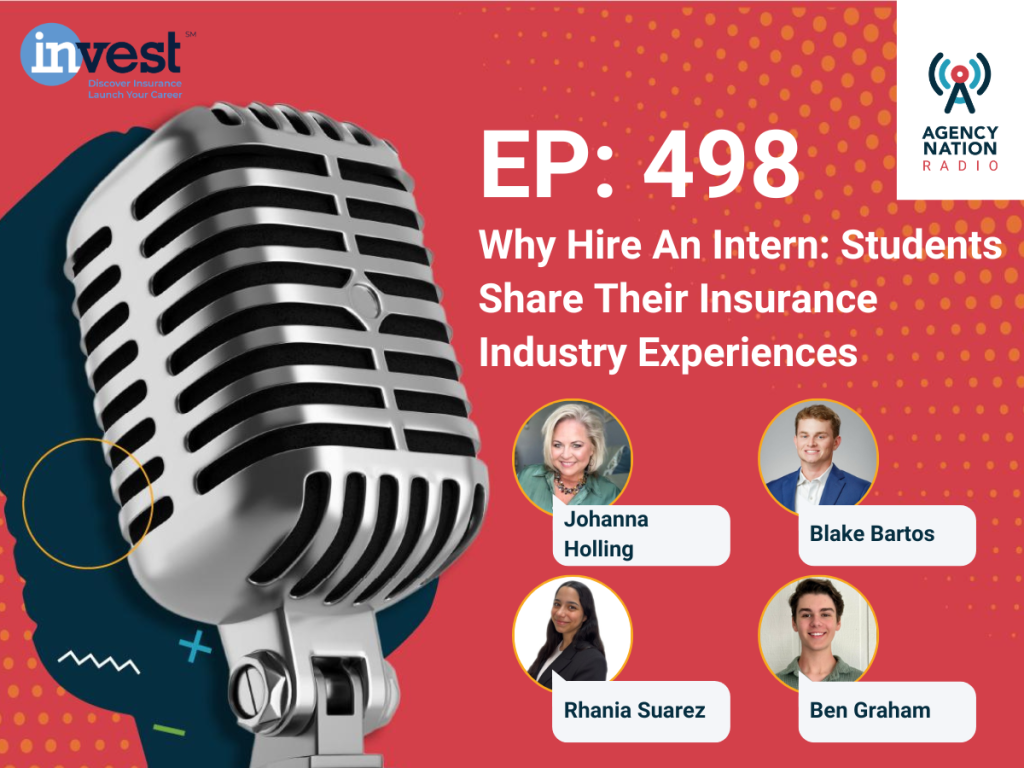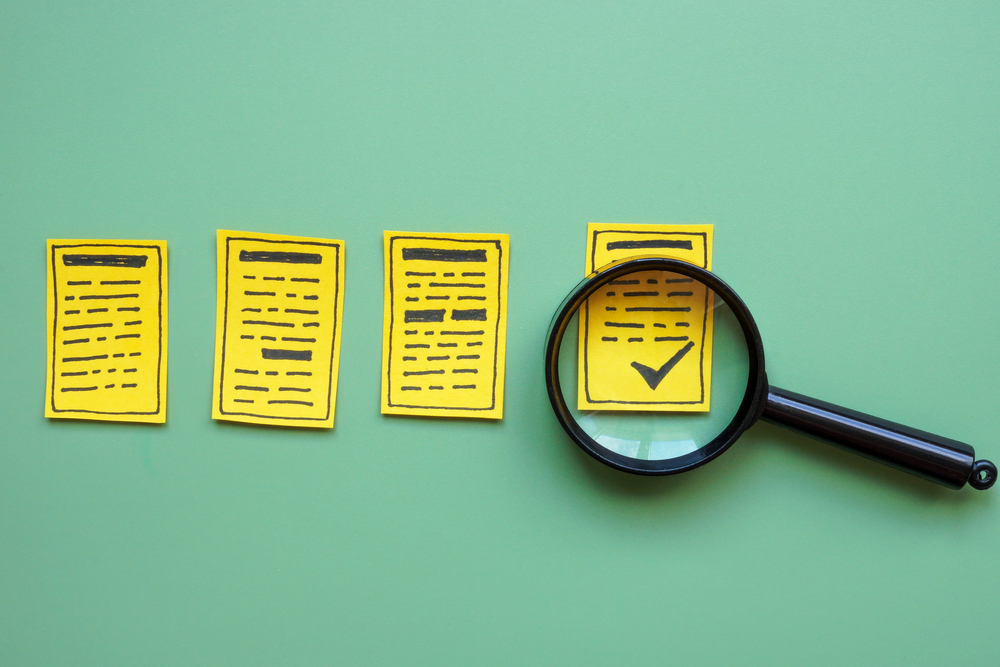Is Negativity Hurting Your Agency?

By: Casey Mulqueen
Instead of posting on social media about every interview she never heard back from, Carol only posts about the dream job she just landed.
Unfortunately, most of what people post on social media is framed in a way that makes us feel inadequate to our peers. It’s human nature to compare ourselves to other people to gauge how we’re doing. But thanks to the accessibility of the internet, we have now started to unrealistically compare ourselves to goals that seem so out of reach, they make us feel discouraged.
It’s called a “reference bias” [see sidebar]: comparing yourself to an unattainable goal, but viewing that goal as the norm. And the reference bias is further exacerbated by something called the “negativity bias,” which gets in the way of logical and optimistic thinking. When an average student feels threatened and intimidated by an extraordinary student rather than motivated to catch up, that’s the negativity bias kicking in to tell them they can never catch up and will never be good enough.
According to Psychology Today article titled “Declining Student Resilience: A Serious Problem for Colleges,” students’ resiliency skills are floundering as “emergency calls to counseling had more than doubled over the past five years and students are increasingly seeking help for, and apparently having emotional crises over, problems of everyday life.”
And it’s no wonder. The majority of people do not receive proper training in resiliency to manage the chaos and complexity of the world we have created for ourselves. What affects your employees in their personal lives also affects their work life and productivity.
Resiliency training helps uncover biases that impair success. Resiliency training gives learners the tools to set appropriate and achievable goals, look at the big picture and, instead of feeling overwhelmed, feel inspired and capable of bouncing back from failure.
When we adapt our minds to combat the negativity bias, we foster a more creative and collaborative work environment, enhance engagement and productivity, and reduce inefficiencies.
Casey Mulqueen is senior director of learning and development at TRACOM Group.
Apples to OrangesA recent National Public Radio story discussed a study involving students who graded each other’s papers and tests in a massive open online course. When an average student partnered with an extraordinary student, the average student didn’t feel motivated—and was actually far more likely to quit the course. According to Todd Rogers, a professor of public policy at Harvard Kennedy School, “You interpret that as meaning everyone who’s participating in this course is that good. The problem is that people don’t realize these are atypical. This kind of process is called reference bias. They shift who they think the reference group is, and they think this is what their peers are like.” —C.M. |










